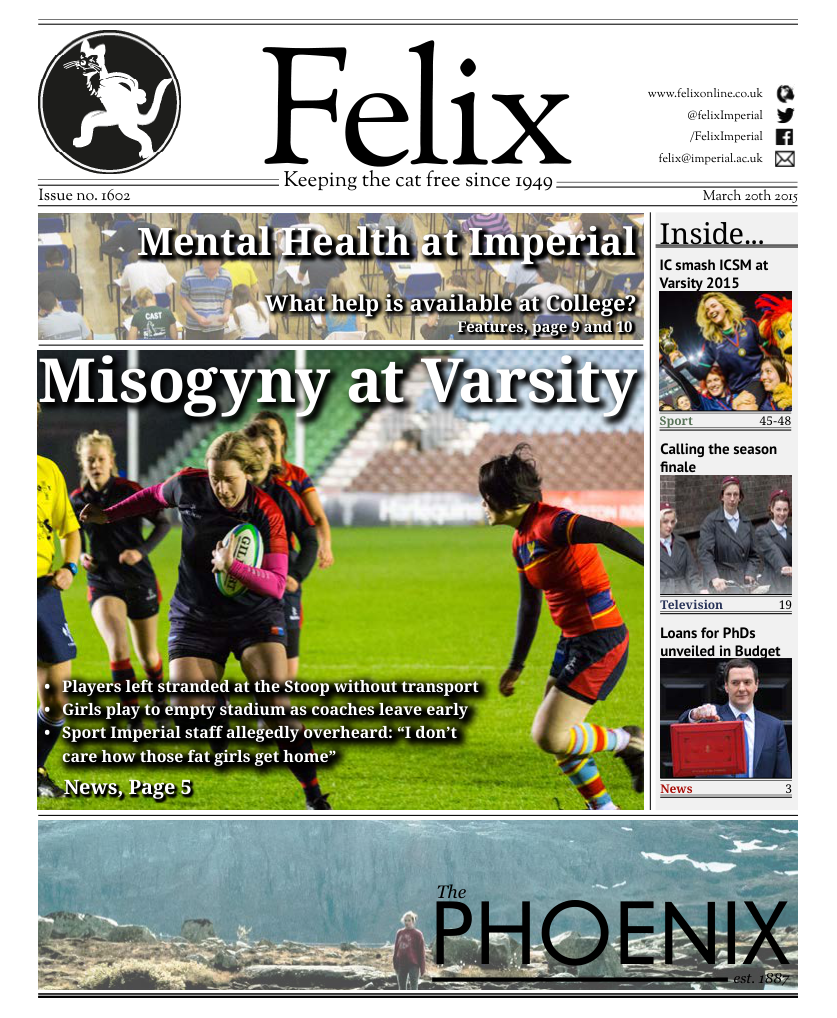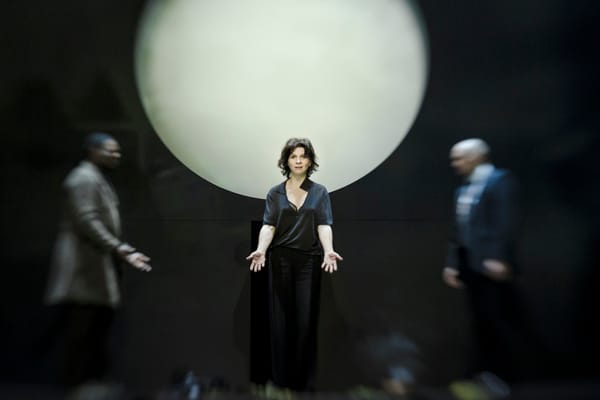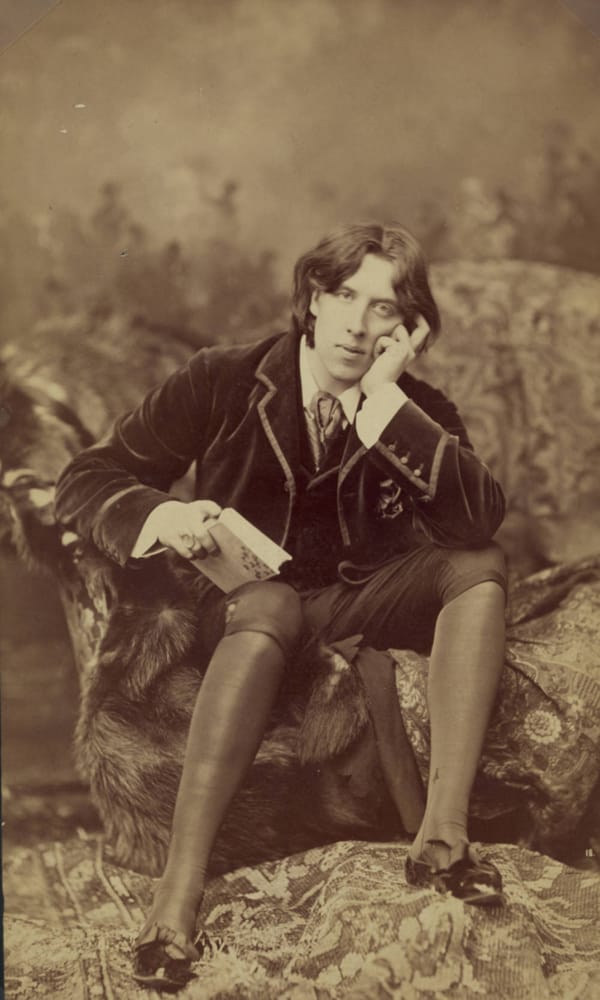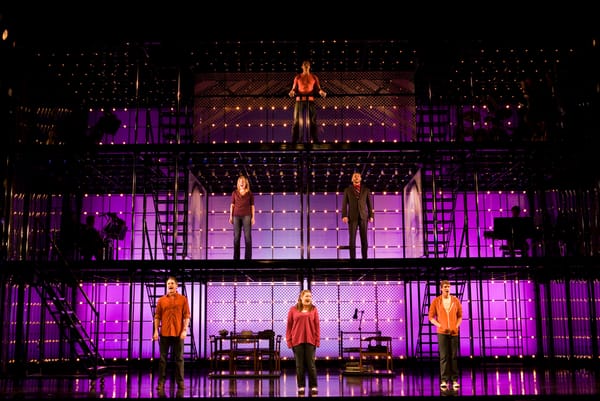Swan Lake 30 years on: still magical?
Fred Fyles finds ROH’s ballet in need of updating despite strong dancing
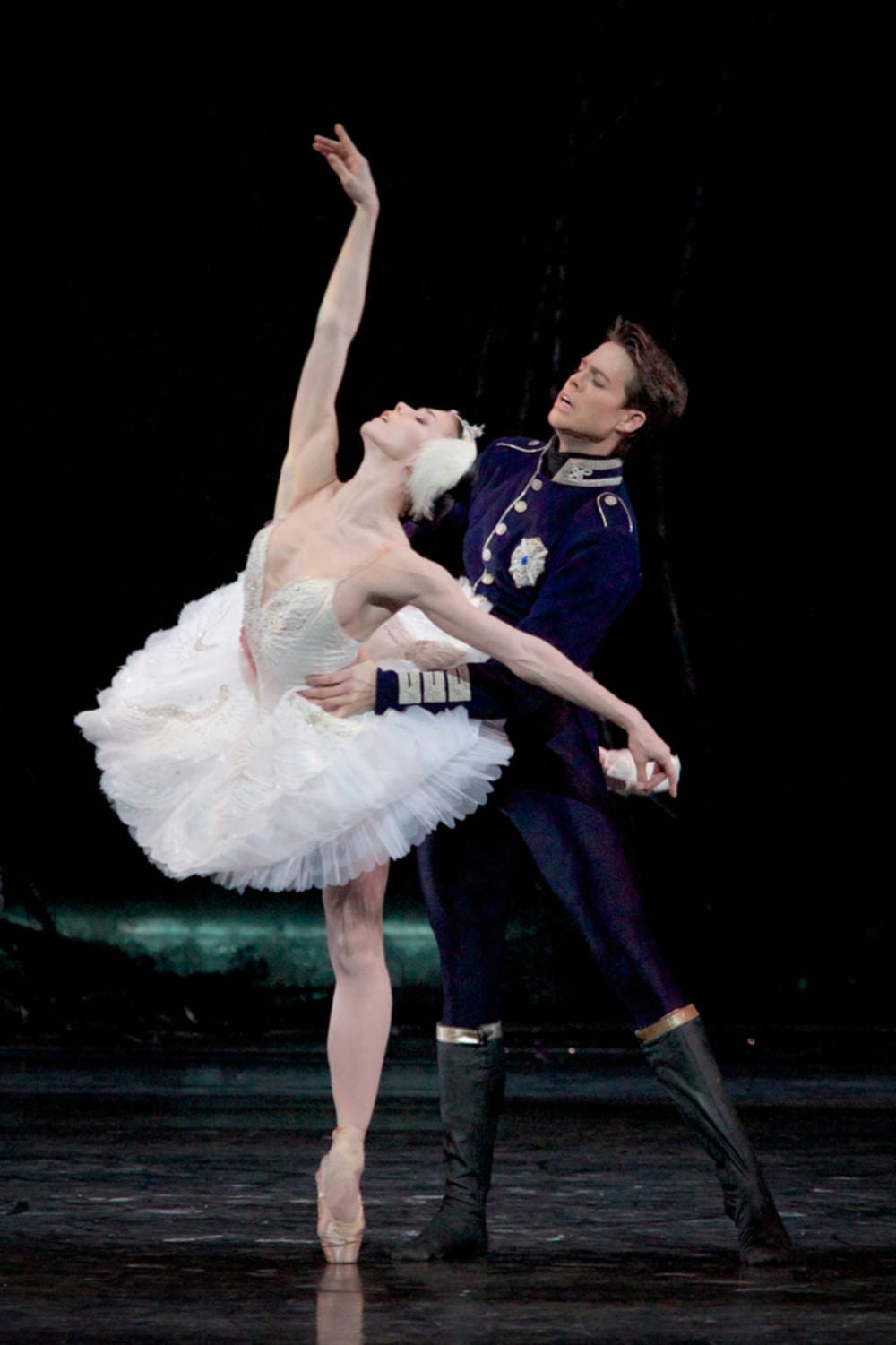
They say that familiarity breeds contempt; if this is true, it would be surprising to find anyone in the country who can still stand Swan Lake, a ballet classic that has become so well known that it risks becoming dusty. However, this is clearly not the case, judging by the turnout for the Royal Opera House’s production, which filled the hall right up to the rafters. A revival of Anthony Dowell’s 1987 production, this version of Swan Lake aims to place the choreography firmly back at the centre of the work; rather than trying any fancy staging techniques, or technical gimmicks, the piece returns to London on the strength of the Royal Ballet Company’s dancers.
On the whole, the production stands up well, despite being nearly 30 years old; while this may not seem like a long time when one considers that_ Swan Lake_ has been repeatedly reinterpreted for the last century, in actual fact it can be difficult to produce a ballet that truly stands the test of time. In this version, the longevity is guaranteed by the excellent choreography, based upon the 1895 version by Marius Petipa and Lev Ivanov; the movements are tight and organised, the dancers clearly drilled like an army platoon, but there is a generosity in the movements, and a light grace that belies the hours of sweat that goes into such a performance.
The dual role of Odette/Odile, one of those characters who has gone down in ballet history for the sheer difficulty of interpretation, is filled by Natalia Osipova, principle of the Royal Ballet. Osipova is good in the role, particularly when filling the part of Odette, the White Swan, conveying an emotional vulnerability whilst never letting the human side of the character get consumed. While it can be easy for a dancer to play up to the swan role, all quivering legs and shaking arms, Osipova imbues her character with womanliness, meaning that Prince Siegfried’s (Matthew Golding) obsession with Odette comes across as romantic, as opposed to some form of strange bestiality.
The chemistry between Obraztsova and McRae is apparent from their first encounter
The chemistry between Osipova and Golding is apparent from their first encounter, making their partnership on stage something really special. The relationship between the principal dancers is what can make or break a version of Swan Lake, and in this production the two leads have a strong base upon which the rest of the piece is built. Golding also imbues his Prince with a sense of muscular physicality, meaning Siegfried’s movements have a character all of their own, as opposed to simply being a backdrop for the main action.
Unfortunately, Osipova is not as good as the Black Swan, lacking the required sensuality needed to bring the role to life. The diametric opposite of Odette, playing Odile, the daughter of evil sorcerer Von Rothbart (played by Gary Avis, all feathers and moult), requires the dancer to be able to reverse their initial approach – confident where Odette was fragile, red-hot where the White Swan is icy. Osipova is clearly more confident when playing the Black Swan, but her attempts to be seductive sadly fall flat.
The real magic, however, happens when the focus is taken off the main dancers, and instead directed towards the corps de ballet, who form the backbone of the production. The group in Swan Lake are magnificent – well drilled, with their en pointe on point. A case in point, the ‘Danse des petits cygnes’, in which four of the dancers link hands and perform a series of increasingly complex moves, is perfectly done, with the swans appearing to glide across ice. In other scenes, they hold their poise well, but it is the swan scenes where the dynamics of the cast really sing out, and the women seem to be nearly turning into swans before our eyes.
Sadly, while the choreography is a high point, other aspects have not fared well. The staging veers between simple minimalism and complex gothic piles, with the former being much more engaging to the audience; in the lake scenes, all that is present is an icy backdrop, shrouded in mist, while in the ballroom scenes, it appears that designer Yolanda Sonnabend has ransacked the Palace of Versailles, bringing with her a superfluity of chintz. These sets, along with some of the costumes reveal the production’s true age, and seem to drag behind the slick moves of the dancers.
The real magic happens when the focus is directed towards the corps de ballet
At this point, I feel that I should admit that I didn’t actually see this production in the Royal Opera House’s cavernous main ampitheatre, but rather in a central London cinema, as part of ROH Live, in which the company broadcasts a live screening of the performance across the country. While this is undoubtedly a good means of ensuring that everyone who wants can share in the magic of ballet, from Skegness to Slough, there are certain elements that make it somewhat more challenging from actually seeing it live; there’s a different atmosphere, of course, not seeing the dancers in the flesh; but also, the location of the microphones means that the dancers’ footsteps are emalified to such an extent that – at times – they rise above the orchesta’s beautiful music
I have no doubt that this version of Swan Lake will be a ‘classic’ of ballet, with its bold, generous choreography, and only needs a great pairing – such as we have here – to propel it into greatness. Although Osipova has problems with the dual role, the chemistry between her and McRae more than makes up for this. With a thirty year history, this production seems to have fared well so far, but how long will it be before it really beings to feel tired? – if the sets and costumes are not updated and trimmed down, this day may come sooner than you think.
Swan Lake is on at the Royal Opera House until 9th April 2015. Tickets are available online; for sold out performances, day tickets will also be available.
Swan Lake is being broadcast to cinemas across the country as part of ROH Live. The next screening will be on 22nd March, for which the participating cinemas will be running a Student Standby scheme, allowing those with valid student ID to purchase two tickets for £10. Visit the ROH website for more details.


